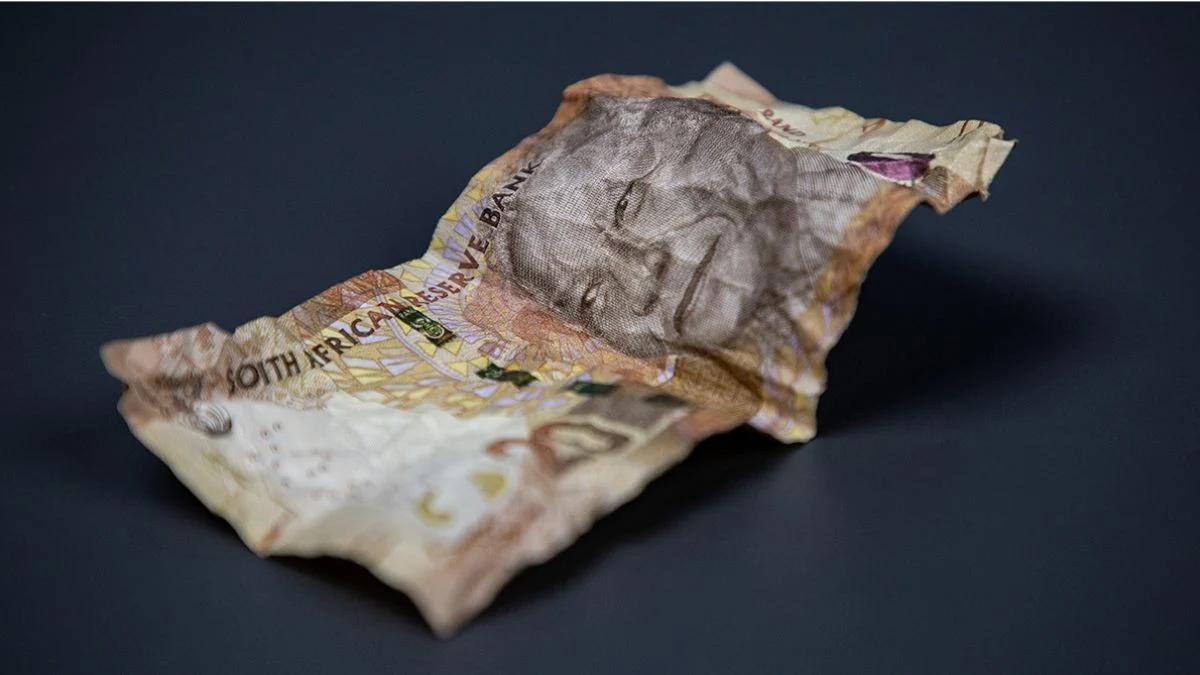Africa-Press – South-Africa. A proposed tax amendment could deliver a serious financial blow to schools that claim VAT, potentially creating major cash flow problems if it comes into effect.
This was the warning from tax experts Barry Garven (co-head of tax), Mogola Makola (partner), and Aneria Bouwer (senior consultant) at Bowmans.
The Draft Taxation Laws Amendment Bill proposes that all goods or services supplied by a school registered under the South African Schools Act be exempt from VAT.
Bowmans pointed out that the consequences will be severe for schools that are currently VAT registered. “The change means that all VAT-registered schools will be required to deregister,” the firm explained.
This becomes a problem because of how VAT works when a business deregisters.
Bowmans explained that any vendor that exits the VAT net is deemed to make a supply of all goods that form part of the assets of the enterprise immediately before it ceases to be a vendor.
The corollary is that VAT is payable on the deemed supply. In other words, schools will suddenly be treated as though they sold all their assets and will have to pay VAT on them, even though they are still using those assets.
Many schools run both educational and commercial activities. While the education side is VAT exempt, schools often rent out sports fields or halls, run tuckshops, or provide accommodation to supplement their income.
When the value of these activities exceeds R1 million, schools must register for VAT. Bowmans noted: that on this basis, the schools are entitled to claim a portion of their expenses as VAT input credits.
The new amendment, which is set to take effect on 1 January 2026, would change that. When schools deregister, VAT will be charged at 15/115 on the lower of the cost or market value of all their assets.
Bowmans highlighted how unfair this could be. “For example, where a school’s supplies were 95% exempt and 5% taxable and it built a new school hall, it would have claimed input VAT on only 5% of the actual cost.”
“However, this is not taken into account for the deemed supply. Hence, the school may now be liable to pay VAT on the full value of the school hall, even though it is only used proportionately for taxable supplies.”
The proposed law is unprecedented and unfair
The law does not currently make provision for any adjustment or relief in these cases. Instead, it only allows the schools to pay off the VAT liability in 12 monthly instalments.
Bowmans believes this is inadequate: “Unlike most other deregistrations, these are active businesses with a potentially very valuable asset base,’ it said.
“All assets forming part of the enterprise are included in the deemed disposal, irrespective of when they were acquired; the schools claimed input VAT in accordance with the legislation at the time; and the deemed disposal provisions do not provide for any kind of apportionment based on the school’s taxable and exempt supplies.”
The firm said the proposed law is unprecedented and unfair. “The legislator is disregarding the fact that the commercial activities that these schools undertake are no different to the activities that other persons undertake that oblige them to be VAT registered.”
“The proposed legislation seems to discriminate between schools that carry on commercial activities and other vendors that carry on the same commercial activities,” Bowmans argued.
“The reason for this is unclear, especially in the context of most schools needing to supplement the school fees with additional income in order to properly provide educational services to their pupils.”
If the amendment goes ahead as it stands, the impact could be severe.
Bowmans warned that this amendment, if promulgated in its current form, would invariably impact the financial position of the affected schools and may have an impact on their ability to continue offering quality education, appointing staff members, improving school facilities and even undertaking outreach programs.”
The firm is currently making submissions to National Treasury and SARS to point out the unintended consequences of the proposal and is engaging with schools that want to raise their concerns.
For More News And Analysis About South-Africa Follow Africa-Press






